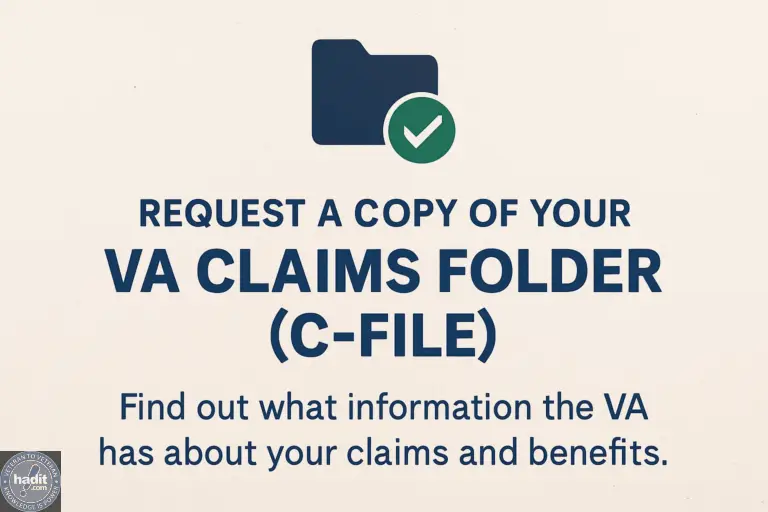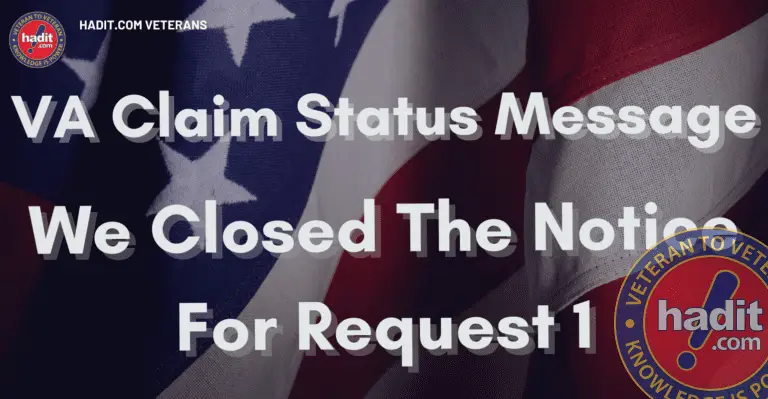Date: November 5, 1997 VAOPGCPREC 34-97 From: Acting General Counsel (021)
Subj: Request for opinion concerning application of 38 U.S.C. § 3104(b) (Xxxxxxxxx, Xxxxxxx X. X XX XXX XXX)
To: Acting Chairman, Board of Veterans’ Appeals (01C) QUESTION PRESENTED
Does 38 U.S.C. § 3104(b) or any other statute or regulation, e.g., Department of Labor Rehabilitation Act of 1973 and associated regulations, either require or preclude VA from assisting appellant in purchasing a computer and related materials for recreational activities?
DISCUSSION
- Our understanding of the relevant facts is as follows. The veteran is rated as100 percent disabled due to quadriplegia resulting from a gunshot wound sustained while on active duty. At various times thereafter, he received VA educational assistance benefits under the Vietnam Era GI Bill (chapter 34, title 38, United States Code) and vocational rehabilitation benefits (chapter 31, title 38, United States Code). This assistance enabled him to obtain college degrees and successfully undertake employment as a stockbroker. Subsequently, he was forced to give up that employment due to factors associated with his medical condition.
- The veteran now seeks further vocational rehabilitation assistance; i.e., independent living services under 38 U.S.C. § 3120. More specifically, he asks for a computer, with associated software and training, to enable him to access other similarly circumstanced disabled individuals, to publish a financial newsletter, to “keep a medications and appointments log, and allow [him] to communicate electronically with the VA and other medical organizations.” Appeal Letter of the veteran, dated November 8, 1995.
- The regional office involved denied the claimed assistance on the basis that, while such services may improve his quality of life they would not “enable [him] to function more independently than . . . previously demonstrated with [his] family or community, or, with a reduced level of assistance from others.” Statement of the Case, October 6, 1995. The veteran then filed this appeal.
- One of the express purposes of the chapter 31 vocational rehabilitation program is to “provide for all services and assistance necessary to enable veterans with service-connected disabilities to achieve maximum independence in daily living . . . .” 38 U.S.C. § 3100. The term “independence in daily living” means “the ability of a veteran, without the services of others or with a reduced level of the services of others, to live and function within such veteran’s family and community.” 38 U.S.C. § 3101(2).
- Section 3101(4) of title 38, United States Code, defines a “program of independent living services” as including the services “needed” to “achieve maximum independence in daily living,” which services also are mentioned in section 3104(a)(15) as among those which the Secretary is authorized to provide. (See, also, 38 U.S.C. § 3120(d).) Thus, on its face, chapter 31 grants VA a great deal of discretion in determining the nature and scope of services needed by a veteran in an independent living services program.
- The issue before us concerns whether that broad discretion, nevertheless, is circumscribed as a matter of current law to exclude the provision of services and assistance that would enable a veteran to participate in recreational activity.
- Plainly, no such preclusion existed when the chapter 31 independent living program was enacted in 1980. Then, as at the time of the instant case, subsection 3104(b) of that chapter provided that “[a] program of independent living services and assistance may include the types of services and assistance described in section 702 of the Rehabilitation Act of 1973 (29 U.S.C.§ 796a),” and recreational activities were expressly listed among those described services. In 1992, however, section 702 of the Rehabilitation Act was repealed (Pub. L. No. 102-569, title VII, § 701(1), (2), Oct. 29, 1992), with no conforming change to the section 702 reference found in section 3104(b). Moreover, the latter section’s provisions on independent living services themselves were eliminated in 1996 (Pub. L. No. 104-275, § 101(d)(2), Oct. 9, 1996). Thus, on the surface, the law applicable to the veteran’s claim for assistance, which was made in 1995, after the 1992 elimination of section 702 and before the 1996 elimination of section 3104(b), does appear somewhat murky.
- Our research discloses that, although section 702 was repealed, the same law that did so actually broadened the scope of authorized independent livingservices within a new definition of those services under section 7(30)(B) of the Rehabilitation Act, as amended. Subclause (xiii) of that new definition expressly lists “individual and group social and recreational services” within the meaning of “independent living services.” Thus, the recognition of recreational activities as a component of independent living services under non-VA vocational rehabilitation programs governed by that Act continued unabated.
- We have not found in the 1992 legislative history for the Rehabilitation Act amendments, or elsewhere, an explanation for Congress’ omission of a conforming change to subsection 3104(b), replacing the obsolete section 702 Rehabilitation Act reference with the new section 7(30)(B) reference. Nevertheless, when Congress originally enacted subsection 3104(b), it patently intended to authorize the Secretary to provide independent living services of the same nature as authorized by the Rehabilitation Act, and we find nothing in the 1992 amendment to that Act suggesting any intent to alter the scope of the chapter 31 authority.
- We, likewise, have found no congressional discussion concerning the 1996 elimination of the subsection 3104(b) provisions on independent living services. Yet, given the broad, general chapter 31 mandate to provide those services, we see no reasonable basis to interpret the 1996 amendment to section 3104(b) as barring the Secretary’s exercise of discretion in providing chapter 31 assistance of the nature described in the Rehabilitation Act.
- Instead, the plain congressional directive of the current law is that the Secretary must afford the services and assistance deemed necessary to accomplish the broad statutory program objective of enabling eligible veterans to achieve maximum independence in daily living. Thus, if the Secretary considers a particular service necessary to enable the individual to participate in family and community activities, even when those activities are recreational in nature, that service may be included as an appropriate part of an individual’s independent living program.
- Of course, both the relevant facts presented and the exercise of professional judgment will determine the nature and extent of services needed to develop a particular veteran’s capacity to participate in appropriate recreational activities as a necessary component of achieving independent living goals. In that regard, we sense some concern that the services sought here — provision of a computer and associated hardware — potentially could be used solely for recreational purposes despite the veteran’s representation that they will primarily be used for daily living communications associated with nonrecreational aspects of his life. We note, however, that the same could be said of the potential use for many other services routinely provided to a disabled veteran (e.g., a wheelchair could be used to<Page 4>
engage in wheelchair basketball; training in Braille could result in reading novels for pleasure; etc.). Moreover, unlike the GI Bill, for example, which generally bars education benefits for recreational purposes (38 U.S.C. § 3680A(a)(3)), services to enable or enhance recreational capabilities, as previously mentioned, can be a beneficial and necessary element of an effective chapter 31 independent living program.
- In any event, the test is not whether the service may be used for recreational purposes, but rather, whether it furthers the ability of the particular veteran to become independent. This is an adjudication issue to be determined in the individual case, not a matter for this office to decide.
HELD
- No statute or regulation, including section 702 of the Rehabilitation Act of 1973 and its associated regulations, either specifically directs VA to authorize or precludes VA from authorizing services and assistance of a recreational nature as a component of an eligible veteran’s program of independent living services and assistance under 38 U.S.C. § 3120.
- VA has the authority, and responsibility, to provide all services and assistance deemed necessary on the facts of the particular case to enable an eligible veteran participating in such a program to live and function independently in his or her family and community without, or with a reduced level of, the services of others. This includes the authority to approve, when appropriate, services and assistance that are in whole or part recreational in character when the services are found to be needed to enable or enhance the veteran’s ability to engage in family and community activities integral to the veteran’s achieving his or her independent living program goals.
Robert E. Coy
Tbird
Founder of HadIt.com Veterans Founded Jan 20, 1997
Personal Blog https://diaryofamadsailor.com



